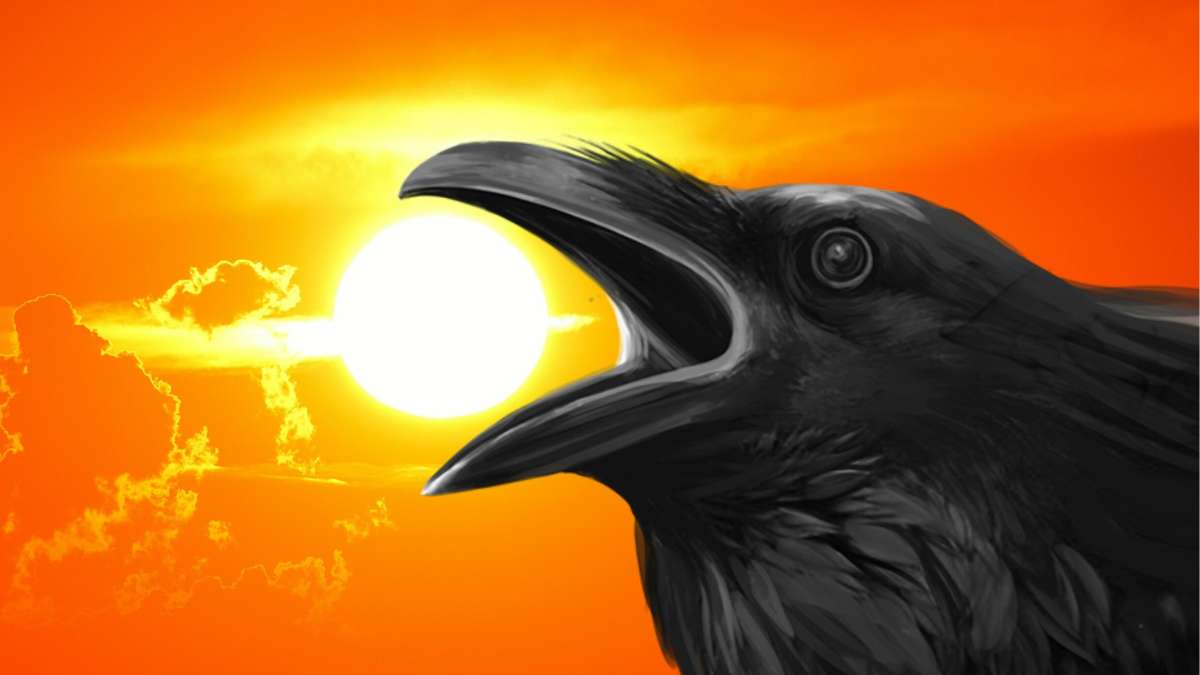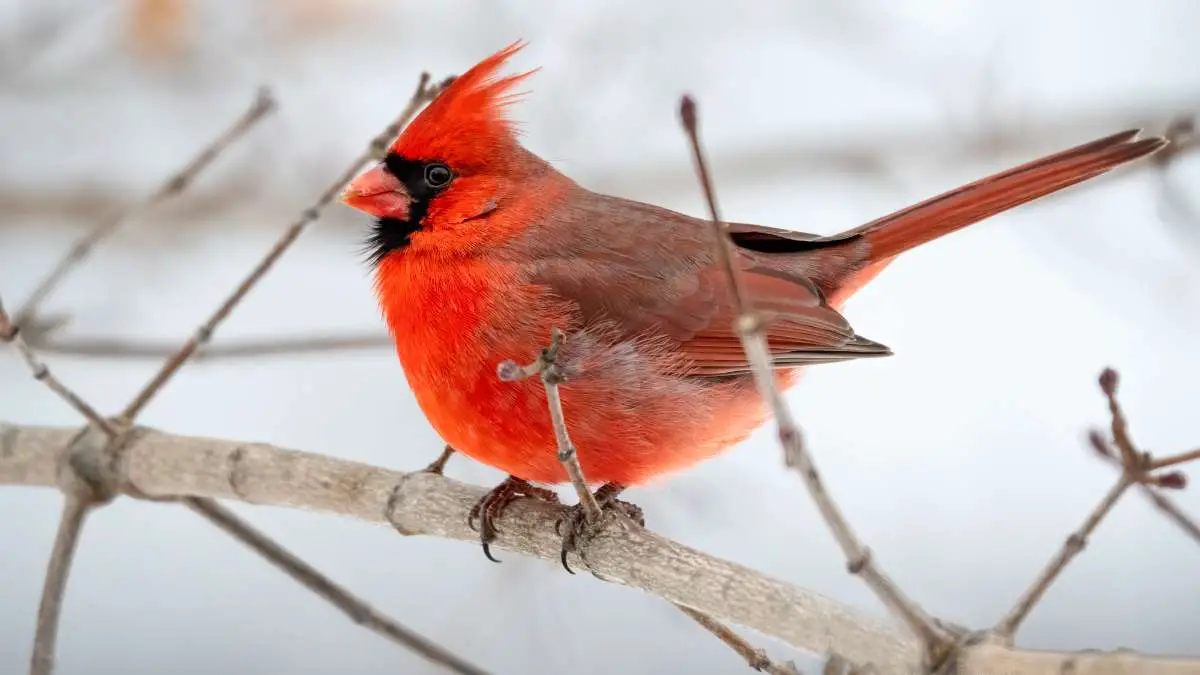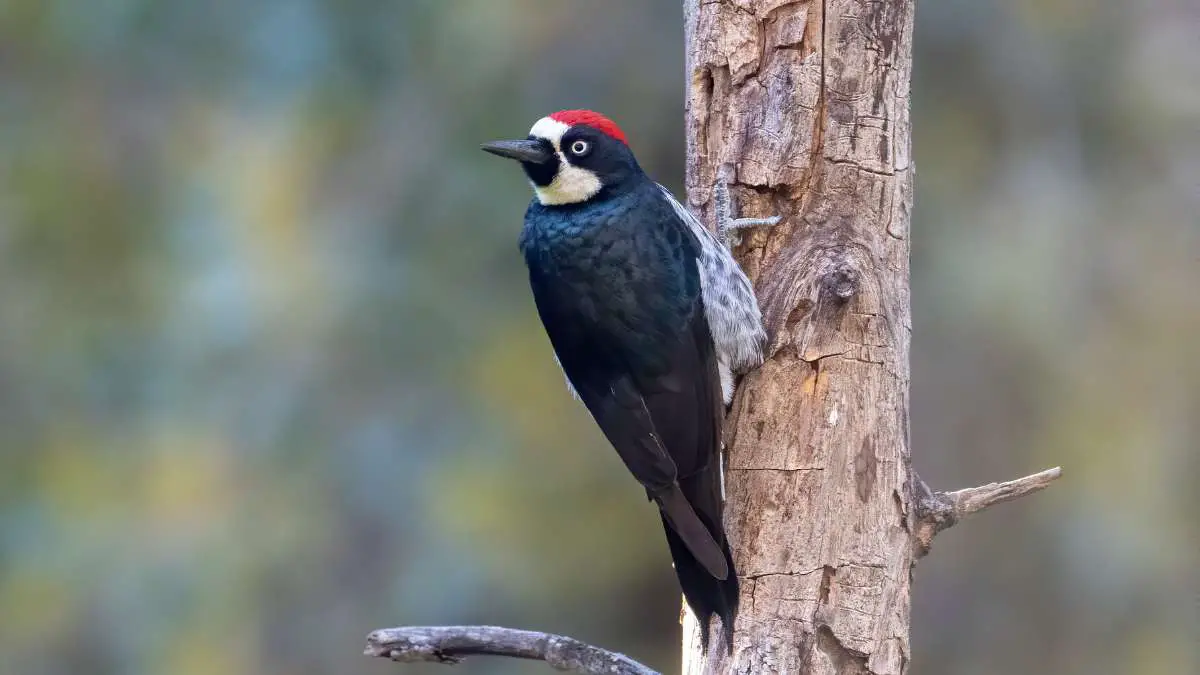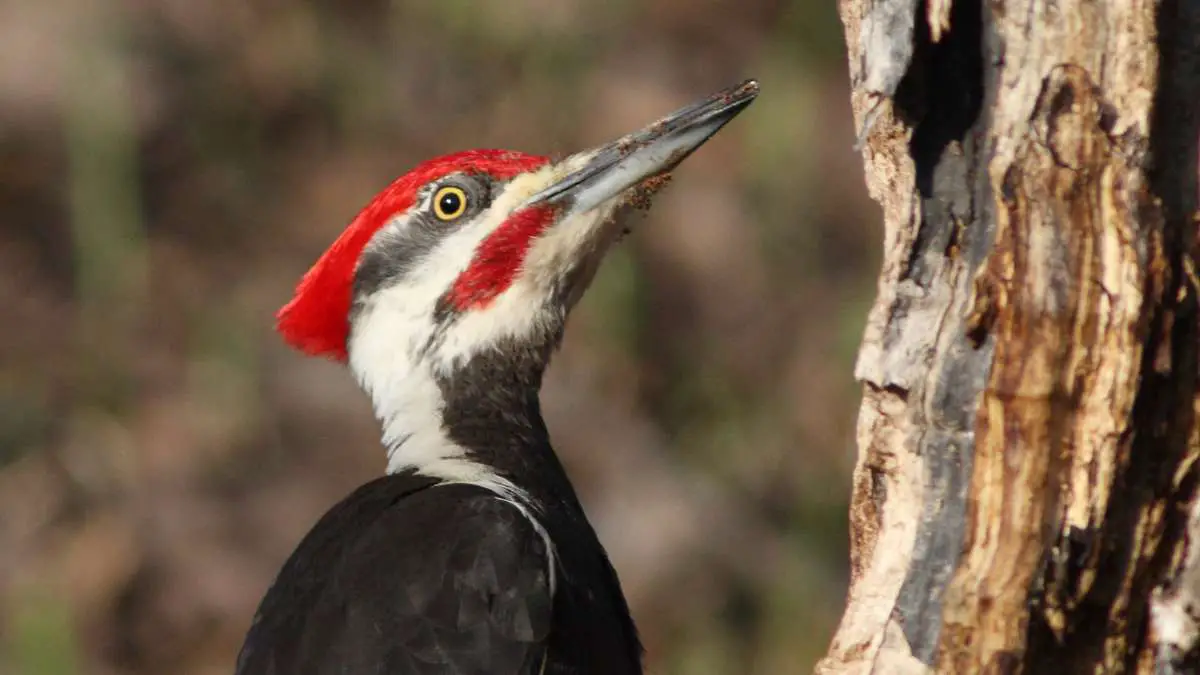Crows have always been a source of intrigue and mystery, but they’ve also had their fair share of superstitions attached to them.
One of the most enduring beliefs is that crows bring bad luck. This notion has woven itself into the cultures worldwide, making crows somewhat infamous.
But is there any truth to this belief, or is it just a case of superstition taking flight?
Are Crows Bad Luck?
Throughout history, crows have often been seen as omens of doom and harbingers of misfortune. Many cultures, from ancient Greece to Native American traditions, have stories and myths associating crows with death or ill luck.
These dark associations might stem from their black plumage and their scavenging nature, which often led them to be seen around battlefields and scenes of tragedy.
Additionally, their loud and sometimes eerie cawing could easily be misinterpreted as an omen.
However, it’s essential to remember that these beliefs are rooted in superstition rather than scientific fact.
Crows are highly intelligent birds, known for their problem-solving abilities and complex social structures.
They play important roles in ecosystems by helping to clean up carrion and control pest populations. In many cultures, they are also revered as symbols of wisdom and protection.
So, while crows might have a spooky reputation, it’s important not to jump to conclusions about their luck-bringing abilities.
In reality, crows are fascinating creatures with unique behaviors and ecological importance, and whether they bring good or bad luck is a matter of personal belief rather than scientific certainty.

The Cultural Perception of Crows
Crows have held a unique place in various societies across the globe, and their cultural significance is a fascinating tale. In some cultures, crows are celebrated and even revered, while in others, they’re met with suspicion and fear.
Positive Associations with Crows
Let’s start with the brighter side of the story.
In many Native American cultures, crows are seen as symbols of wisdom and guidance. They are believed to possess a deep understanding of the natural world and are often associated with spirituality.
For some indigenous communities, the sight of a crow is a positive sign, indicating good fortune and a connection to the spirit realm.
Similarly, in ancient Egypt, crows were linked to the goddess Ma’at, representing truth and balance. Their presence was viewed as a sign that justice would prevail.
Negative Beliefs about Crows
On the flip side, crows have also been associated with darker aspects in various cultures.
In European folklore, for instance, crows have been linked to death and bad omens. The ominous image of crows circling above battlefields or cawing loudly on a moonlit night contributed to the belief that they were harbingers of doom.
In Hinduism, crows are often associated with impurity and are believed to be messengers of the god of death, Yama.
This association with death has led to negative superstitions surrounding these birds.
In essence, whether crows bring good or bad luck is deeply rooted in the cultural and historical context of each society.
These beliefs highlight the rich tapestry of human culture and the diverse ways in which we perceive and interpret the natural world around us.
So, the next time you spot a crow, think about the cultural stories and beliefs that may be soaring alongside these magnificent birds.
The Origins of the Bad Luck Myth

Tracing the historical origins of the idea that crows are harbingers of bad luck reveals a web of ancient beliefs and stories.
One of the earliest recorded connections between crows and bad omens comes from Greek mythology.
In the epic poem, “The Odyssey,” the goddess Athena is said to have turned a vain and boastful crow into a raven after it brought her the unfortunate news of Apollo’s lover’s unfaithfulness.
This transformation may have contributed to the perception of crows as bearers of ill tidings.
Mentioning famous literature or folklore that contributed to this belief takes us to even more intriguing connections.
In William Shakespeare’s play, “Macbeth,” the appearance of crows or ravens is linked to impending doom.
The famous line “When shall we three meet again, In thunder, lightning, or in rain? When the hurlyburly’s done, When the battle’s lost and won,” is often associated with the eerie presence of crows.
Do crows mean death is near?
This question arises due to the historical belief that crows are omens of death.
Their presence at battlefields or near sick individuals fueled the idea that they heralded the end of life.
However, it’s important to note that this is a superstition, not a scientific fact.
Are two crows bad luck?
In some cultures, seeing two crows is considered even more ominous than one. It’s believed to symbolize bad luck or misfortune.
However, this, too, is rooted in folklore and not grounded in any scientific evidence.
Why are crows considered bad luck?
Crows’ association with death, their black plumage, and their scavenging behavior near carcasses contributed to the belief that they brought bad luck.
These factors intertwined with cultural superstitions over centuries.
Is it bad luck to kill a crow?
In some cultures, harming a crow is believed to bring about misfortune or curses. This belief is another facet of the overall superstition surrounding crows.
The Reality of Crows’ Behavior
When it comes to understanding whether crows bring bad luck, it’s crucial to explore the behavior and characteristics of these remarkable birds.
First and foremost, crows are highly intelligent creatures (scientifically proven fact). They’re known for their problem-solving abilities, which are on par with some of the smartest animals on the planet.
They can remember faces, use tools, and even teach their skills to others. This intelligence often leads to their involvement in various cultural stories and beliefs.
Beyond their mental prowess, crows play a pivotal role in the ecological importance of our natural world.
They’re scavengers by nature, helping to keep our environments clean by feasting on carrion and waste. In doing so, they assist in controlling pest populations and reducing the spread of diseases.
Their presence can be viewed as a valuable asset to the ecosystems they inhabit.
Crows are also social birds, often forming tight-knit family groups and communities. Their complex social structures allow them to cooperate on tasks like foraging for food and protecting their territories.
Their ability to communicate with each other through a range of vocalizations adds to their fascinating behavioral repertoire.
Common Superstitions about Crows
When it comes to crows, there’s a treasure trove of superstitions, and it’s time to separate fact from fiction. Let’s explore some common superstitions related to crows that have been passed down through generations.
- Seeing a crow is an omen of death: This belief is perhaps one of the most widespread superstitions about crows. However, it’s essential to remember that correlation does not imply causation. When it comes to crows, there’s a treasure trove of superstitions, and it’s time to separate fact from fiction. Let’s explore some common superstitions related to crows that have been passed down through generations.
- Two crows mean bad luck: It’s said that if you see two crows, it’s a sign of impending misfortune. This superstition likely stems from the idea that crows are bearers of bad news. However, it’s important to recognize that these are just baseless beliefs without any scientific backing.
- Killing a crow brings a curse: Some cultures hold the belief that harming or killing a crow will result in a curse or bad luck. This notion likely developed to protect these intelligent birds from harm, as they play a vital role in maintaining ecosystems.
- Crows are witches in disguise: In certain folklore, crows are considered shape-shifters or even witches in disguise. This belief adds a layer of mysticism to their already intriguing reputation. However, it’s purely a product of imagination and storytelling.
In reality, crows are intelligent and resourceful birds that contribute positively to the environment by helping to clean up carrion and control pest populations.
While superstitions can add an air of mystery to our world, it’s essential to view these beliefs through critical thinking.
Crows may have an aura of enigma, but they are not the harbingers of bad luck they are often made out to be.
Positive Symbolism of Crows
While crows often find themselves at the center of superstitions, it’s equally important to explore instances where crows are seen as symbols of good luck or positivity.
In Native American and other indigenous cultures, crows hold a special place, celebrated for their wisdom and unique qualities.
In Native American traditions, crows are often associated with the significance of crows in Native American and other indigenous cultures. These communities view crows as messengers, bridging the gap between the mortal world and the spirit realm.
Crows’ keen intelligence is admired, and their presence is often considered a sign of protection and guidance.
Similarly, in Celtic mythology, crows were linked to the goddess Morrigan, a deity of war and sovereignty. Rather than being seen as bearers of doom, they were seen as guardians of the battlefield, guiding fallen warriors to the afterlife.
The positive symbolism of crows isn’t limited to specific cultures. Their adaptability, resourcefulness, and ability to thrive in diverse environments are qualities admired by many.
Some even consider crows as symbols of transformation and rebirth, as they can adapt to changing circumstances with ease.
Crows in Modern Times
In contemporary society, the perception of crows has evolved beyond old superstitions, shedding light on their true significance. As our understanding deepens, we’re beginning to view crows through a more enlightened lens.
While some superstitions persist, many now see crows in a more positive light.
Their intelligence and adaptability have gained recognition, leading to admiration rather than fear.
Crow sightings are now sometimes seen as a connection to nature rather than omens of doom.
Research has shown that crows are among the most intelligent birds, capable of complex problem-solving and even tool use.
They have cooperative behaviors, challenging the notion that they bring bad luck.
Their role in ecosystems is also gaining prominence. Crows are vital as scavengers, helping to clean up carcasses and limit the spread of disease. They assist in controlling pest populations, reducing the need for harmful pesticides.
In modern times, crows have become more than just subjects of superstition. They are valued members of the natural world, appreciated for their remarkable intelligence and ecological contributions.
As science unravels their mysteries, our perception of crows continues to evolve, painting a more accurate picture of these intriguing birds in the tapestry of contemporary society.
Conclusion
In the end, the question of whether crows bring bad luck is shrouded in myth and tradition.
While superstitions persist, we’ve also come to appreciate crows for their intelligence, adaptability, and ecological importance.
Crows are more than symbols; they are living beings with a unique place in our world.
So, the next time you see a crow perched on a tree or soaring through the sky, remember that it’s not just a bearer of superstitions but a remarkable part of our natural tapestry.





